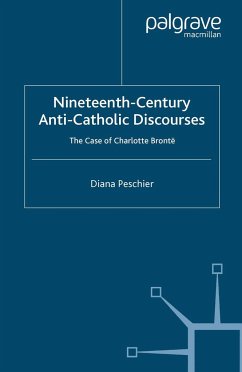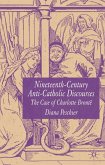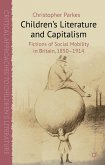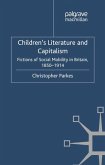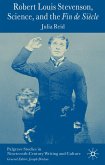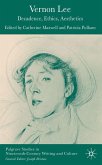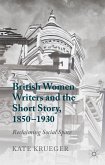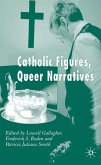By the middle of the nineteenth century much clearly gendered, anti-Catholic literature was produced for the Protestant middle classes. Nineteenth Century Anti-Catholic Discourses explores how this writing generated a series of popular Catholic images and looks towards the cultural, social and historical foundation of these representations. Diana Peschier places the novels of Charlotte Brontë within the framework of Victorian social ideologies, in particular the climate created by rise of anti-Catholicism and thus provides an alternative reading of her work.
'This book provides much-needed insight into the widespread anti-Roman Catholic prejudice of mid-nineteenth-century England and highlights the gendered nature of this discourse. It offers a useful context in which to view attitudes to Catholicism in Victorian literature, especially in the novels of Charlotte Brontë.' - Christine Alexander, Professor of English, University of New South Wales, UK
'Peschier's is a useful account and her analyses of the four Brontë novels are original and challenge conventional readings.' - Anthony Chennells, The Heythrop Journal
'Peschier's is a useful account and her analyses of the four Brontë novels are original and challenge conventional readings.' - Anthony Chennells, The Heythrop Journal

